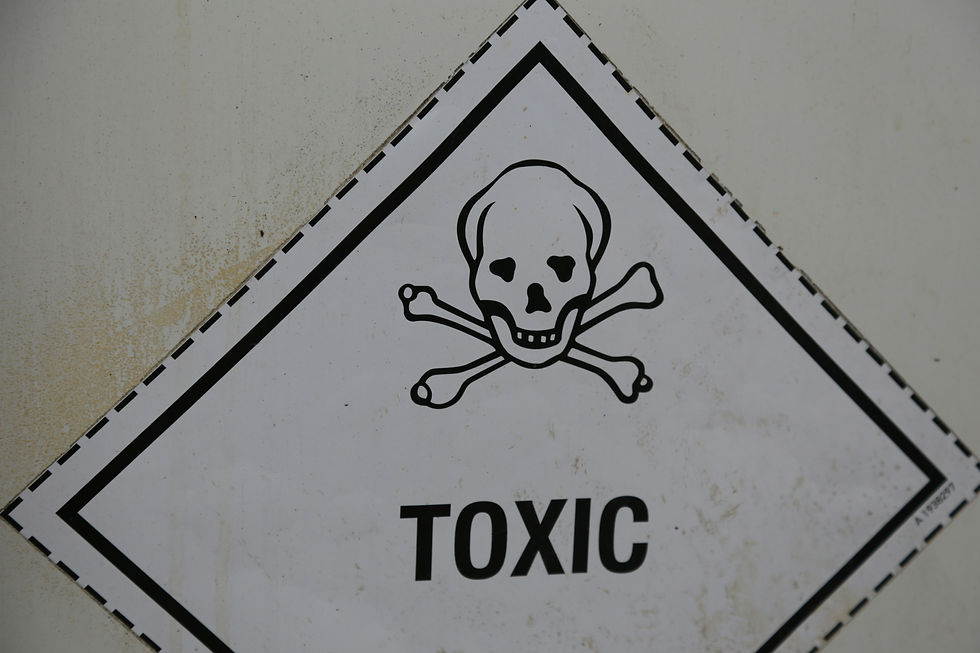The Pain of Not Being Apologised To
- Canterbury Village Counsellor

- Jun 26, 2025
- 3 min read
And why it still matters—even if no one ever says “sorry.”

You deserved an apology. Maybe more than one. Maybe from someone who pretended nothing happened. Or someone who brushed it off. Or someone who didn’t even notice the hurt they left behind.
But the apology never came. And that still hurts.
When repair never arrives
There’s a specific kind of pain that comes when you’re not just hurt—but hurt and ignored.
It might have been:
A parent who never acknowledged the emotional absence
A friend who ghosted you when you needed them most
A partner who crossed a line, then acted like it was no big deal
A teacher, employer, sibling, system—who harmed you quietly, consistently, or carelessly
And while you’ve told yourself to move on…Some part of you still waits.

It’s not just about the words “I’m sorry.”
It’s about being seen.It’s about someone saying:“Yes, that happened. Yes, it hurt you. And no, you weren’t imagining it.”
When that acknowledgement never comes, the wound doesn’t always close. Because so much of healing depends on being believed. Being validated. Being offered repair.
And without it? You’re left holding the full emotional weight on your own.
You might hear things like…
“They didn’t mean it.”
“That was ages ago.”
“Well, you turned out fine.”
“You’re just sensitive.”
And maybe you’ve even said those things to yourself. But they don’t make the pain go away. They just bury it. Unacknowledged pain doesn’t disappear. It festers. It seeps into self-worth. It re-emerges in unexpected places.
Why you might still crave that apology
It’s not about revenge. It’s about resolution.
We crave repair because we’re wired for connection. Because a real apology tells us:
You weren’t overreacting.
Your feelings mattered.
You weren’t the problem.
Without it, we’re left wondering if it was our fault. And that doubt is sometimes more damaging than the original wound.
So… how do we begin to heal without one?
This is one of the hardest parts of therapy—grieving the repair that may never come.
But it is possible to heal, even without the apology. In therapy, we can:
Acknowledge the harm without minimising it
Make space for your anger, grief, confusion, and longing
Understand what that apology symbolised for you
Offer yourself the validation you were never given
Build boundaries that don’t require closure to stay strong
You’re allowed to say:“That shouldn’t have happened.”“I didn’t deserve that.”“It mattered—even if they pretended it didn’t.”

You don’t need the apology to start healing. But it’s okay to still want it.
There’s no shame in hoping someone might one day own their impact. But your healing doesn’t have to wait for them.
You can start now. With someone who will believe you. With a space that will hold what you’re still carrying. With gentleness, honesty, and the kind of care you always deserved.
If you’re carrying pain from a moment that was never acknowledged—or still longing for an apology that never came—you’re not alone.
Therapy offers a space to say “this mattered” out loud. To be believed. To begin healing, even without closure.
You can find out more or book a session here.
You don’t have to hold it all by yourself anymore.


